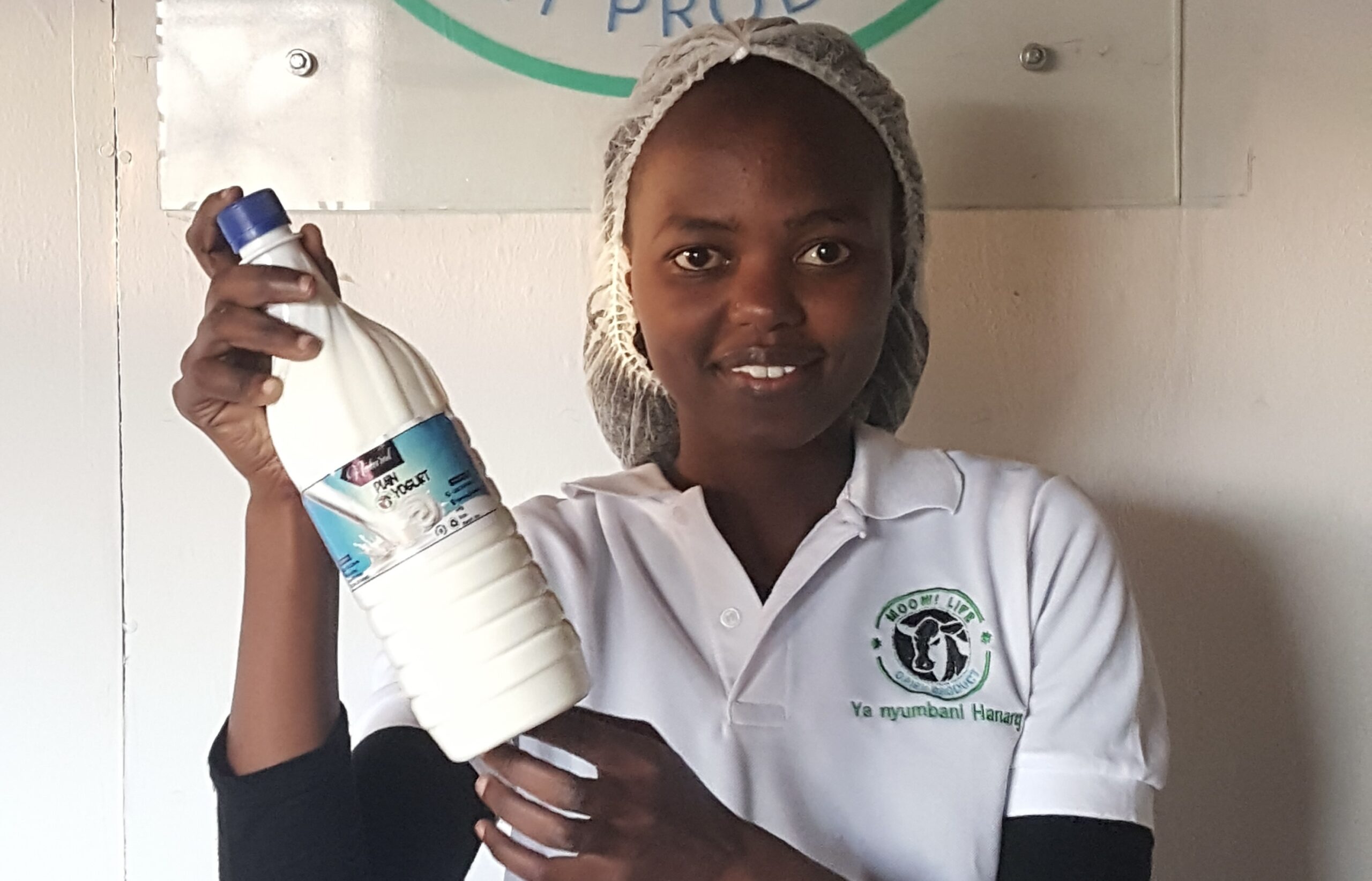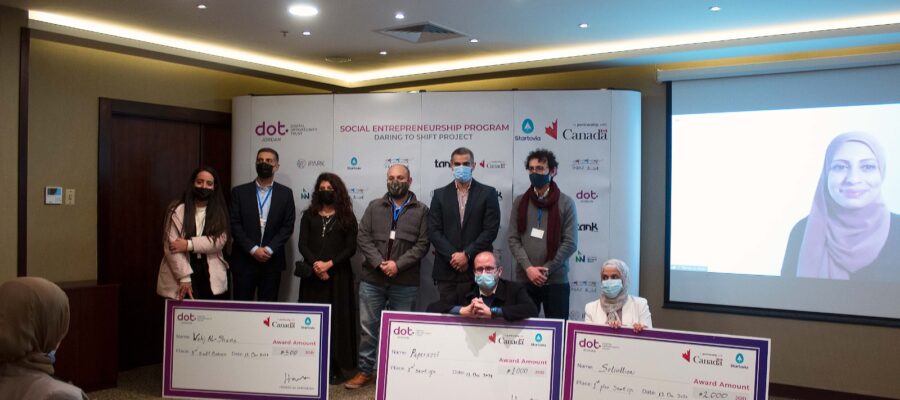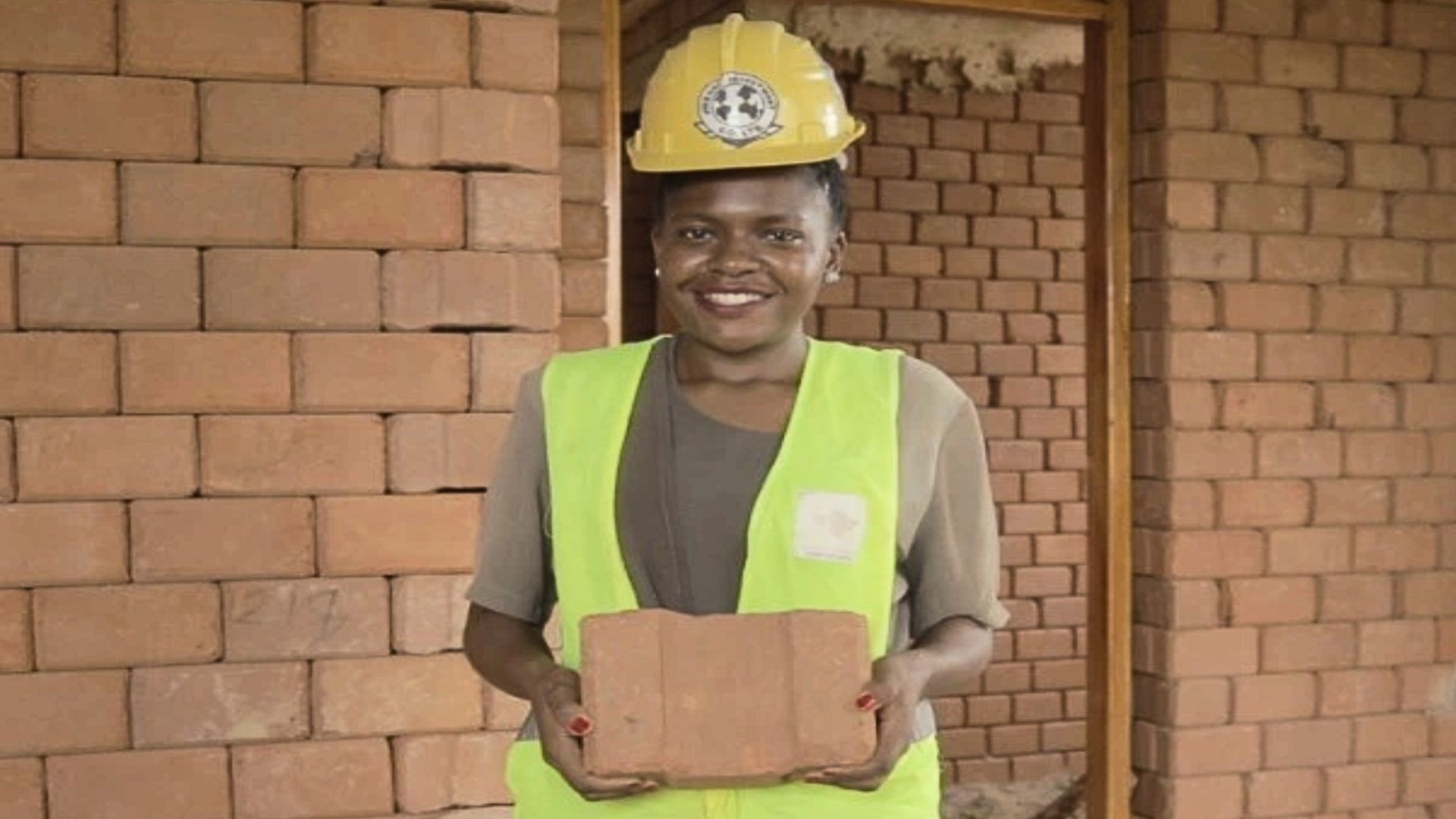Inspiring Journeys from Daring to Shift Social Entrepreneurship Initiatives
Explore the stories of visionary young entrepreneurs who transformed their innovative ideas into impactful solutions for critical challenges.

Cows weren’t part of Glory Mtei’s five-year plan.
After all, she had grown up surrounded by lanky herds of cattle in a farming community not far from Tanzania’s Serengeti plains, and she wanted a change. She moved away for college and dreamed of landing a nice 9-5 job in an office somewhere.
But when she came home on school holidays, she couldn’t help but be struck by the predicament of the local dairy industry. Local herders produced an abundance of milk, but during the rainy season, the only roads to the towns were they sold it turned to slick rivers of mud. The milk rotted, and the herders had no income. Meanwhile, if Glory herself wanted to buy other dairy products like yogurt, the only options in stores were brands imported from hundreds of miles away.
Glory saw an opportunity, and in 2020, she pitched her idea to DOT’s social enterprise program. Along with 19 other young entrepreneurs in Tanzania, she was selected to attend training and receive mentorship from DOT and local business incubators. There, she sharpened her pitch for Moow! Life Dairy Products is a business that would buy up milk that might otherwise have gone sour and processes it into milk, yogurt, and ghee (clarified butter). At the end of the program, she was awarded a grant of Tsh. 5,000,000 (about USD 2,000) in seed funding, which allowed her to open a small factory, hire other young people, and partner with dozens of local farmers – most of them women.
Over the course of the Daring to Shift Social Entrepreneurship Program implemented by DOT in partnership with Global Affairs Canada, stories like Glory’s were repeated again and again. From Lebanon to Ghana, young people with ideas for businesses with a social impact were connected to training, mentors, and seed funding to make their visions reality. In total, 364 youth in eight countries (Jordan, Lebanon, Kenya, Rwanda, Ghana, Malawi, Tanzania and Uganda) completed the program.

Through their training, these young entrepreneurs learned how to build the scaffolding of a successful social enterprise. That began by drafting their compelling vision for change and defining the problem they were trying to solve in the context of SDGs. Using a human-centered design approach, the social entrepreneurs were able to involve their beneficiaries and customers to develop impactful products and services. The training “helped us develop our capacities in financial, team management, and pitching skills,” says Aia Abul Haj, whose company Solvillion Infinite Engineering Solutions was among those that received seed funding from the project in Jordan. Digital skills were also high on the agenda. Participants learned how to navigate virtual business tools like Cashbook, Canva, Manager, and Google Drive, how to conduct internet research, and how to search for – and apply to – jobs online. But the training went beyond just developing the skills to run a 21st-century business. They also dove into how entrepreneurship could be intertwined with social good.
““Among the most important information [for me] was how to better understand social responsibility,” Esra, Jordan.
The training also connected young leaders to each other, which for many was a revelation. For Glory in Tanzania, for instance, one of the most powerful aspects of the program was forging a community of young women entrepreneurs – who made up 70 percent of the program participants there – so that they could support and empower each other. “I made amazing new friends,” she reports.
The projects that the social enterprise project supported, meanwhile, were as diverse as the young people themselves – from a Wahj Al Shams, a Jordanian theater company focused on promoting behavior change through the arts, to Global Green Solutions, a Rwandan startup turning landfill waste into fertilizer. DOT’s teams met young people like Kirabo Phionah, who dreamed of both fighting malnutrition and empowering women –and thought, why not do both? She used her social enterprise training to launch a company called Poultry Farming for Development (POFADE), which employs vulnerable women to produce eggs in a community in northeastern Rwanda.
In neighboring Tanzania, meanwhile, Jofenai Felician got support to build up her construction business, which markets low-cost bricks to help make building construction more affordable. These dizzyingly different businesses did, however, have one crucial element in common. Their founders were passionate about both their own livelihoods and improving the lives of those around them.

During the rollout of the social enterprise program of Daring to Shift, however, the program ran into a massive, unexpected challenge – a global pandemic. In mid-2020, as the world shut down en masse, DOT received a call to action from its youth partners: How would the organization respond to this unprecedented global crisis? In response, the organization launched the Street Teams project in May 2020. This was a new component of the social entrepreneurship pillar that helped young people become leaders in their local COVID-19 responses. Through virtual training, one-on-one coaching, and online courses, the four-month program reached a total of 43 youth leaders across 10 countries (Ethiopia, Kenya, Rwanda, Tanzania, Zambia, Malawi, Ghana, Uganda, Lebanon, and Jordan).
The rapid and intensive nature of the Street Teams program allowed these young people to quickly begin life-saving work. In Uganda’s Rwamwanja Refugee Settlement, for instance, long-time DOT youth Olivier Nkunzurwanda pivoted from digital literacy classes to setting up informational WhatsApp groups and penning catchy songs and videos about COVID-19 hygiene. It took only four weeks for his team to reach 4,200 people in the settlement.
In Malawi, meanwhile, Jaariah Misyajeis mobilized her community to help distribute materials like masks, gloves, soap, and sanitizers inside an overcrowded maximum security prison. Through Street Teams, she also met Hussein Abdulrazaq, who was doing similar work at a prison in his hometown, Mombasa, Kenya. This kind of transnational connection was not unusual in the Street Teams program. And for many of the participants, it became one of the project’s most fulfilling aspects. Sipho Mwanza, a youth activist in Zambia, says he found strength, solidarity, and joy in being connected to a regional network of young leaders with ambitions like his own – to help the people around them thrive in a time of crisis.
““We learned so much from each other,” Sipho, Zambia
Indeed, the first Street Teams cohort was so successful that DOT welcomed a second group of 64 young leaders in November 2020. In this group, which focused on post-pandemic community resilience and targeted youth with an existing initiative, more than three-quarters of all participants worked on projects focusing on women and girls. Among them was Sarah Iranzi, who used the program to raise awareness around menstrual health, and provide financial literacy training, for women refugees in Rwamwanja, Uganda. A third and final Street Teams cohort began their work in June 2021, this time offering a youth-led response to the gender digital divide. Many young women “feel tech is a male-dominated field they can’t penetrate,” says Jenipher Chimusau, a Street Teams member from this cohort in Zambia. “Our goal is to say, anything men can do, you can do too.”
Both the original social enterprise program and the spinoff Street Teams project were built on an idea fundamental to DOT’s approach – that young people know better than any outsider what their communities need. Both projects also aimed to equip passionate young people with expertise they could use far beyond the expiration date of Daring to Shift. Indeed, many of their projects continue to flourish. In Zambia, for instance, Sipho Mwanza still runs a youth NGO focused on digital literacy, Open Net for All Zambia, whose success he credits in part to the training and courses he took during his time in the first Street Teams cohort in 2020. And of course, there is Glory Mtei, the dairy entrepreneur. Three years after its inception, Moow! Life Dairy Products is still going strong, selling milk and yogurt across the region. “I would like to advise young people in Tanzania to find their passion but most importantly have a skill,” she says, “because once you have a skill that could be your employment.”
